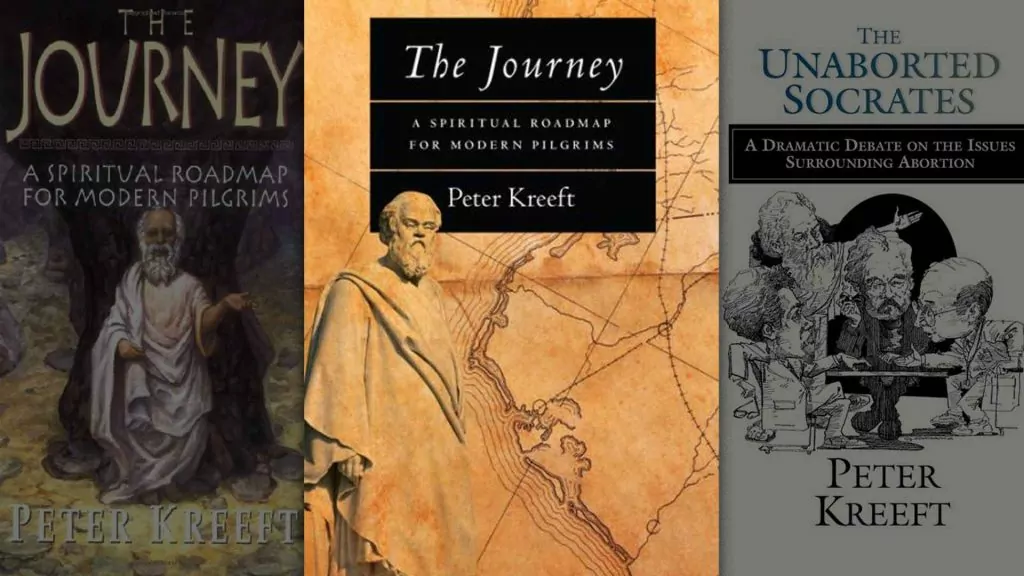What do Pentecostals believe?
That’s quite the question – how does one fairly and accurately describe the beliefs of a group that numbers in the hundreds of millions? Turn that tables and imagine for a moment that a Charismatic magazine – let’s say, Pentecostal Perspective – tried describing what it meant to be a Reformed Christian. That would be tough too. If their focus was too narrow they might investigate the Christian Reformed Church and conclude being Reformed means having women ministers. Or maybe they would drop by some Free Church of Scotland congregations and decide that being Reformed meant doing without instrumental accompaniment, or conversely, after attending a Canadian Reformed service, conclude organs seem to be a Reformed requirement.
Definition
So we don’t want to get lost in the differences that exist between different Pentecostal denominations. We’ll keep our focus quite broad here (although that has its own problems) and stick to the one universally-held Pentecostal belief – that the miraculous spiritual gifts of speaking in tongues, healing, and prophecy, that were a part of the Apostolic Church, continue to be a part of the Church today. These “continuationists” or “charismatic” believers also exist in other denominations, so this belief isn’t unique to Pentecostals. But it is uniquely foundational to it. You can be Baptist, Roman Catholic, or Anglican and be charismatic or not, but there is no such thing as a non-charismatic Pentecostal.
Now, Christians of all sorts know and agree that God continues to do miracles today – that’s why we pray and ask God to heal the sick – but it is a Pentecostal belief that Christians can expect to be agents for these miracles – that some will be given the gift of healing, others the gift of prophecy, and yet others the gift of tongues.
This universal stand prompts a universal question, one you can ask any and all Pentecostals and charismatics too: if these miraculous gifts, described in the New Testament, are still with us today then why aren’t the manifestations more…well…miraculous?
Questions for Pentecostals
As Rev. Holtvlüwer showed in his article “Tongue Twisters” in the March 2004 issue, when the Apostles spoke in tongues they were speaking in a variety of foreign languages they had never learned. That’s miraculous indeed, and is it any wonder that listeners were “amazed and perplexed” (Acts 2:12)?
But today few tongues speakers claim to be talking in identifiable earthly languages. Instead many say they are speaking in the “tongues of angels” and cite 1 Corinthians 13:1 as a proof text. It’s here that the Apostle Paul says, “If I could speak in the tongues of men and of angels but have not love, I am only a resounding gong or a clanging cymbal.” But this approach to tongues-speaking has problems:
- This is the only time the “tongue of angels” is ever mentioned in the Bible, and it is clear in this passage that Paul is using hyperbole to make a point. He isn’t claiming to actually speak in the tongue of angels; he’s only emphasizing the importance of love. This is made clear in the very next verse where Paul writes, “If I…can fathom all mysteries and all knowledge…but have not love, I am nothing.” Is Paul claiming that he is actually able to fathom all knowledge? Clearly not – that would make him God. It should also be clear that Paul wasn’t claiming to speak in the tongue of angels.
- No one knows what language angels speak, so it is impossible to verify whether a person is indeed speaking this language. Someone suddenly able to speak Spanish or Chinese could have their claim easily tested, but not if they say they’re speaking “angel.” This isn’t a question of sincerity – this isn’t to say that Pentecostals are pulling something over on the rest of us. We shouldn’t think they are lying. But there is good reason to think they are mistaken. Even in an emotionally-charged state, one cannot start speaking Chinese unless a miracle is involved. But Pentecostals – or at least the vast majority of them – don’t suddenly start speaking a new foreign language. Instead, they start doing what, in any other context, would be called babbling. And if someone were in a distraught or otherwise emotional state, it isn’t hard to believe they could start blurting out nonsensical “words,” but that wouldn’t involve a miracle. The issue here isn’t one of sincerity, but labeling: Pentecostals have been taught that this is speaking in tongues, but it is something very different from what happened in the biblical accounts.
- It is also puzzling when you consider that speaking in tongues also occurs in the Oneness Pentecostal movement, a cult that denies the Trinity. Can Christians and cultists share the same gifts?
Similarly the gift of healing today seems far less miraculous than the gift described in the New Testament. While Peter, John, and Paul healed people who had been crippled from birth (Acts 3:1-10 14:8-10) Pentecostal churches have started ministries aimed at aiding the disabled, rather than healing them.
And consider how today’s gift of prophecy is a letdown as well. Rather than the infallible prophecy described in the Bible (Deut 18:22) many Pentecostals admit that their prophecy can be mistaken1.
To sum up, instead of the awe-inspiring miraculous gifts described in the New Testament, the gifts manifested in Pentecostal churches seem to be something else entirely. And entirely less impressive.
Cessationism
Even as our focus here is on Pentecostals, we’d be remiss if we didn’t get at least a general understanding of what the other side believes. “Cessationists” (the root here is “cease”) believe that some of the gifts of the Spirit mentioned in 1 Cor 12:8-10, 28-31 & Romans 12:6-8 stopped or ceased soon after the Apostles died. This list of gifts includes prophecy, speaking in tongues, teaching, wisdom, knowledge, faith, healing, discernment, interpretation, encouraging, and apostleship. For almost all Christians, the question is not whether some of these gifts have ceased, but rather which ones, as even Pentecostal churches believe that the role of the apostles has ceased. Thus there is a very real sense in which even Pentecostals are “cessationists” (though on a trip to New York I did come across a number of churches that claimed to have Apostles). More commonly, “cessationist” refers to a person who believes the miraculous gifts of the Spirit – specifically healing, speaking in tongues, and prophecy – have ceased.
But even as cessationists deny that prophecy occurs today (because the Bible is complete) that isn’t a denial that God can give people inner guidance. We’ve probably all experienced a time when we were in the right place at the right time and led to say just the right thing to one of our brothers or sisters. But while we would call this God’s guidance, a Pentecostal might well call this prophecy. This is not just a matter of semantics – it is one thing to say you think God is leading you to speak something and quite another thing to declare: “Thus says the Lord…” Prophecy as it is described in the Bible is without error (see Deut. 18:22) so any Pentecostal who claims to be prophesying is making quite a claim indeed, and is making a claim that no cessationist would dare make.
God is still doing miracles
As we conclude, it’s important to clarify that rejecting Pentecostalism and holding to cessationism doesn’t mean denying God can and does still deliver miracles. The gift of miracles might be over, but miracles certainly do keep on occurring. In the video below one remarkable example is shared: pro-life activist John Barros tells about how God translated his English preaching into Spanish so a couple about to get an abortion could be confronted with the Gospel message to repent and believe. There are also accounts of Muslims being confronted with the Gospel in their dreams, and God blinding the eyes of government officials who are searching for illegal bibles.
While God does seem to ordinarily use “ordinary means” to spread His Gospel, there is a reason we still pray for miracles – our God can do anything!
Endnote
1 C. Samuel Storms (pages 207-210) in Are Miraculous Gifts for Today? and Eric Davis’ “Addressing Continualist Arguments from 1 Corinthians 14“












